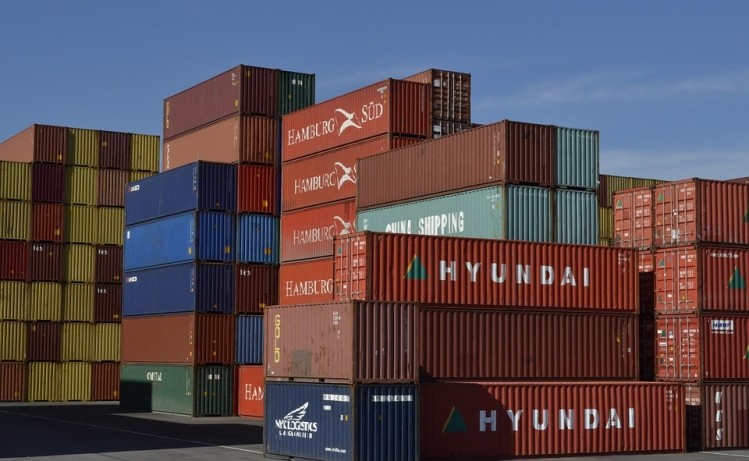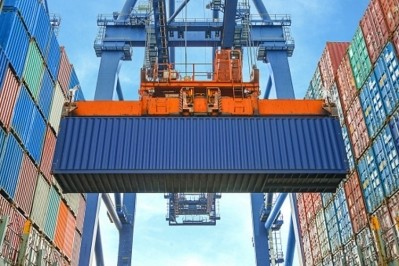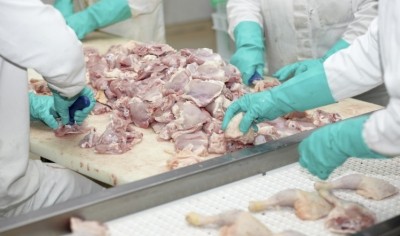Export rules and container crisis threaten supply chain

A report from the Environment, Food and Rural Affairs (EFRA) Committee report raised serious concerns for exporters of time-sensitive fresh and live seafood and meat shipments to the EU, particularly small- and medium-sized businesses.
It highlighted concerns that the new barriers these businesses are now facing could leave them unviable, and factories and that some companies and their employees could therefore relocate to the EU.
The Chartered Institute of Environmental Health has welcomed the report, which reflected its concerns for the future of trade between the UK and EU.
In a previous call for evidence, the CIEH raised the need to simplify and speed up the administrative process through digitalisation – issues that had been addressed in the report.
Lack of import checks
The CIEH also warned of the danger posed by a lack of import checks for food coming into the UK, a concern that was also shared by the EFRA committee.
In particular, the report pointed out that controls on EU seafood and meat imports would not begin until 12 October 2021, with border checks not starting until 1 January 2022. This could lead to sub-standard food entering the UK and put local businesses at a disadvantage, the CIEH argued.
Last month, Arne Mielken, founder of customs and training consultancy Customs Manager outlined the latest wave of EU import controls and how to navigate these strict new controls on this site.
Gary McFarlane, CIEH Northern Ireland director, said the EFRA report was an important step in highlighting the difficulties UK businesses who export food to the EU faced and the public health dangers inherent in the current set up.
“We were pleased to see the committee include our call to make the process easier for UK businesses by digitalising the administration and heartened that they share our concerns regarding the complete lack of food inspections for produce coming from the EU into the UK,” he continued.
‘Safe and sustainable’
“We look forward to hearing the UK Government’s full response to these issues and to see their plans for improving the system so it is both safe and sustainable.”
The CIEH also raised concerns over the matter of who could certify Export Health Certificates (EHCs). It cited contradictory wording in the EFRA report that claimed EHCs must be certified by an Official Veterinarian or, for seafood, an Environmental Health Officer.
However, CIEH pointed out that seafood could also be certified by other local authority ‘Food Competent Certifying Officers’. In addition, certification support officers are now able to support local authority certifying officers.
“We were concerned to see some factual errors relating to environmental health officers and Certifying Officers, and we have raised these directly with the EFRA Committee for amending,” McFarlane added.
Container crisis
Concerns over the future of UK and EU trade come as the continued shortage of shipping containers created more supply chain headaches.
The scarcity of containers has pushed up shipping prices to near record highs, according to Walker Logistics. By the end of 2020, the cost of shipping goods from China to Northern Europe – one of the most popular trade routes – had quadrupled from levels at the start of the year.
Charlie Walker, head of marketing, warned the problem had increased pressure on British retailers and manufacturers when businesses already had to contend with the impact of Brexit and the pandemic on profits.
Walker advised any business that imported products to order their next consignment much earlier than they normally would to have the best chance of avoiding critical stock shortages.
“The pandemic has resulted in an unusually high demand for goods ordered online,” he added. “With the logistical bottlenecks affecting imports of products or components from the Far East unlikely to ease until COVID vaccines have been rolled out across the world, UK businesses have to reassess their purchasing strategy.”















